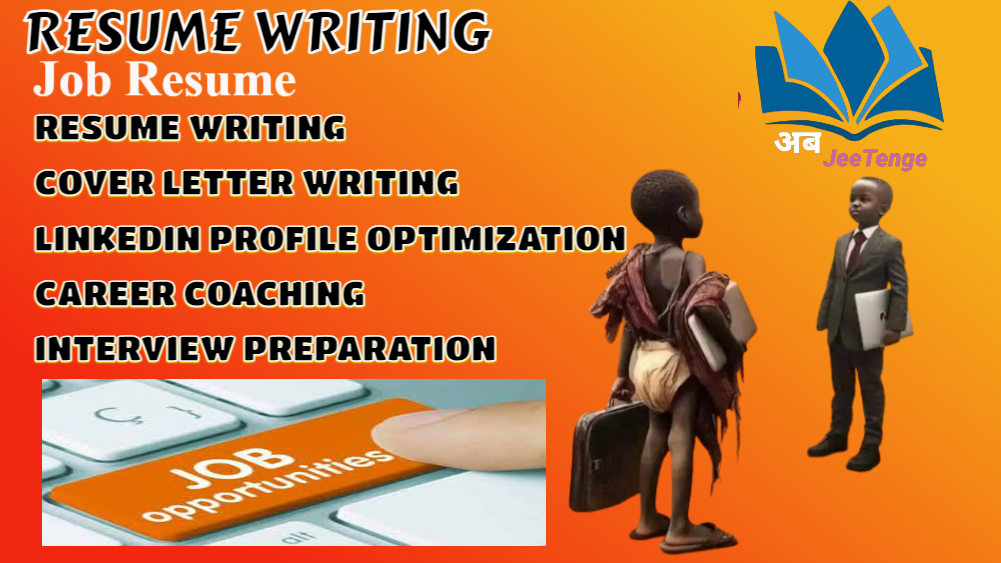Secrets of a Great Resume (Resume Creation)
Description
Description
1. Tailor Your Resume to the Job: Customize your resume for each job application by highlighting relevant skills and experiences that align with the job description. Use keywords from the job posting to ensure your resume gets noticed by applicant tracking systems (ATS) and hiring managers.
2. Clear and Concise Formatting: Use a clean and professional format with clear headings and bullet points to make your resume easy to read. Stick to a consistent font style and size throughout the document and maintain sufficient white space for visual clarity.
3. Professional Summary or Objective Statement: Include a brief summary or objective statement at the beginning of your resume to introduce yourself and highlight your career goals and key qualifications. This section should grab the recruiter's attention and encourage them to continue reading.
4. Highlight Achievements and Results: Instead of just listing job duties, focus on quantifiable achievements and results to demonstrate your impact in previous roles. Use action verbs and specific metrics to showcase your accomplishments and contributions.
5. Relevant Work Experience: Include your work experience in reverse chronological order, starting with your most recent job. Provide details about your roles and responsibilities, emphasizing accomplishments and skills relevant to the position you're applying for.
6. Education and Certifications: Include your educational background, including degrees, certifications, and relevant coursework. Highlight any honors, awards, or academic achievements that are particularly relevant to the job.
7. Skills Section: Create a dedicated section to list your key skills and competencies, including technical skills, software proficiencies, language abilities, and soft skills. Tailor this section to match the requirements of the job you're applying for.
8. Use Metrics and Numbers: Whenever possible, quantify your achievements with numbers, percentages, or other measurable data. This adds credibility to your accomplishments and helps employers understand the scope of your contributions.
9. Attention to Detail: Proofread your resume carefully to catch any spelling or grammatical errors. Pay attention to formatting consistency and ensure that all dates, job titles, and contact information are accurate.
10. Include Relevant Extras: Depending on your industry and the job you're applying for, you may want to include additional sections such as volunteer work, professional affiliations, publications, or relevant projects. Choose extras that enhance your qualifications and align with the job requirements.

